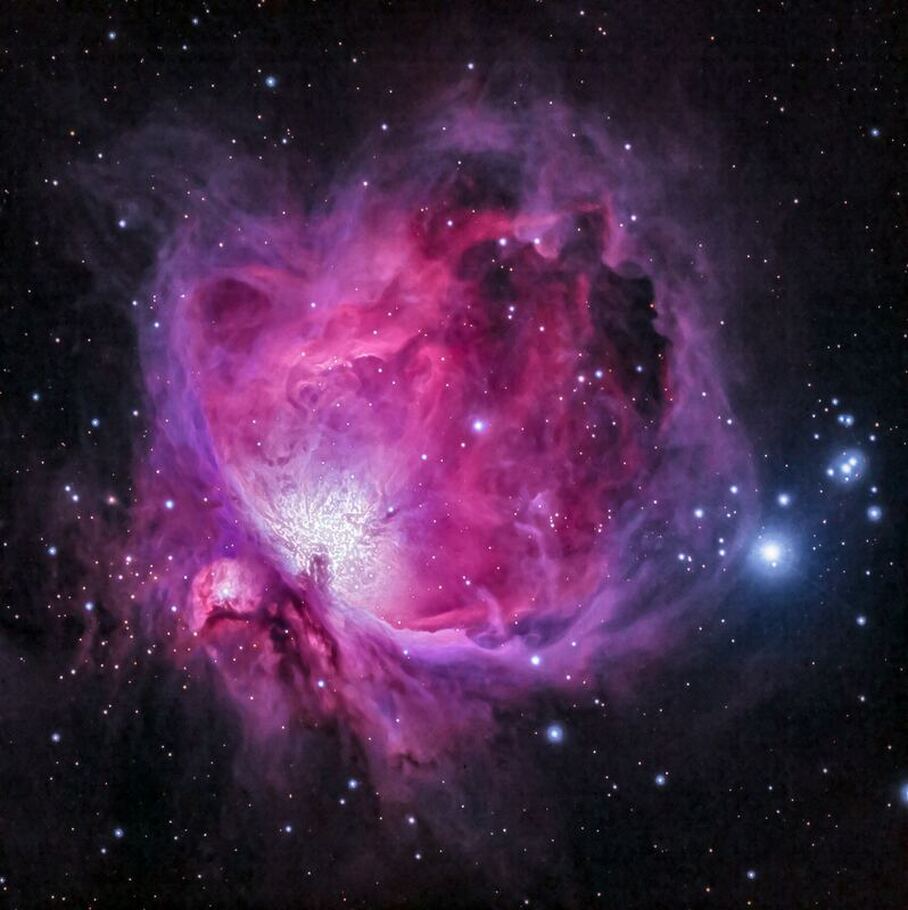"A Living Universe - Qi and Quantum" is one of many excellent essays by Nicole Bea Pastoukoff in her two websites: The Kyoto School of Philosophy and Buddhism: The Way of Emptiness. Click here for the link to the essay in its original. She offers an introduction to the Japanese philosopher Yuasa Yasuo (1925-2005).
The cosmological ideas explored by Yuasa Yasuo resonate in profound ways with Whitehead's idea that we live in a universe of momentary "actual entities" that have feelings, subjective aims, and subjective forms (emotions) which emerge out of a dynamic interconnection with their worlds. These connections are illustrated in the mind-to-mind connections we have interpersonal interactions, and also, thinks Whitehead, in body-to-body connections in ecological, chemical, and atomic interactions. There is subjectivity everywhere. The "things" that interact are not really "things" in a substantial sense, but rather happenings or events. Beings are becomings.
For Whitehead as for Yusua, many of these connections are unconscious rather than conscious, and the nodes of connection (actual entities, in Whitehead's case) are expressions of the whole of the universe. No moment is an island. And each moment carries within it the entire history of all predecessor moments. We ourselves are always already within and among these connections. In other essays by Nicole Bea Pastoukoff discusses the importance of existential "self-emptying" emphasized by many forms of Buddhism and prioritized in the Kyoto School. The purpose of such self-emptying is not simply to be happy or wise or fulfilled. It is to live creatively and responsibly in a troubled world, for the sake of other people, other animals, and the earth itself. But we need a cosmology that complements the practice: a cosmology which, like Whitehead's emerges out of dialogue with the natural sciences. Yuasa Yasuo offers powerful seeds of that cosmology.
- Jay McDaniel
The cosmological ideas explored by Yuasa Yasuo resonate in profound ways with Whitehead's idea that we live in a universe of momentary "actual entities" that have feelings, subjective aims, and subjective forms (emotions) which emerge out of a dynamic interconnection with their worlds. These connections are illustrated in the mind-to-mind connections we have interpersonal interactions, and also, thinks Whitehead, in body-to-body connections in ecological, chemical, and atomic interactions. There is subjectivity everywhere. The "things" that interact are not really "things" in a substantial sense, but rather happenings or events. Beings are becomings.
For Whitehead as for Yusua, many of these connections are unconscious rather than conscious, and the nodes of connection (actual entities, in Whitehead's case) are expressions of the whole of the universe. No moment is an island. And each moment carries within it the entire history of all predecessor moments. We ourselves are always already within and among these connections. In other essays by Nicole Bea Pastoukoff discusses the importance of existential "self-emptying" emphasized by many forms of Buddhism and prioritized in the Kyoto School. The purpose of such self-emptying is not simply to be happy or wise or fulfilled. It is to live creatively and responsibly in a troubled world, for the sake of other people, other animals, and the earth itself. But we need a cosmology that complements the practice: a cosmology which, like Whitehead's emerges out of dialogue with the natural sciences. Yuasa Yasuo offers powerful seeds of that cosmology.
- Jay McDaniel
Also by Nicole Bea Pastoukoff in Open Horizons:
Emptiness as Dynamic Interconnectedness
Emptiness: The Practice of Self-Emptying
A Different Kind of Process Philosophy: The Kyoto School
Emptiness as Dynamic Interconnectedness
Emptiness: The Practice of Self-Emptying
A Different Kind of Process Philosophy: The Kyoto School
